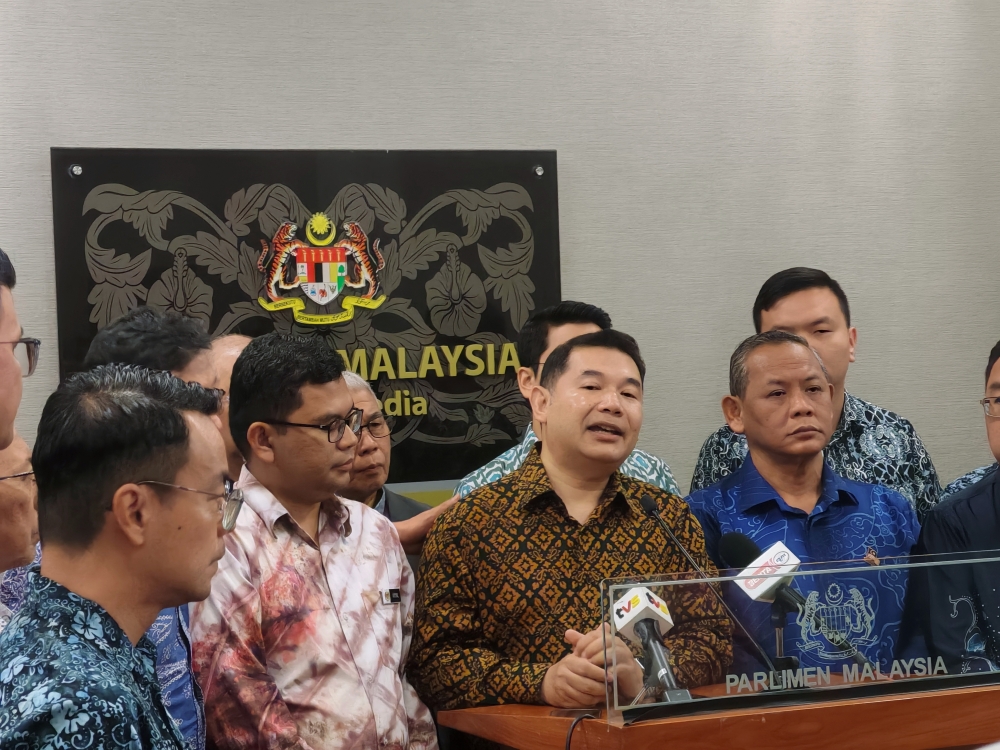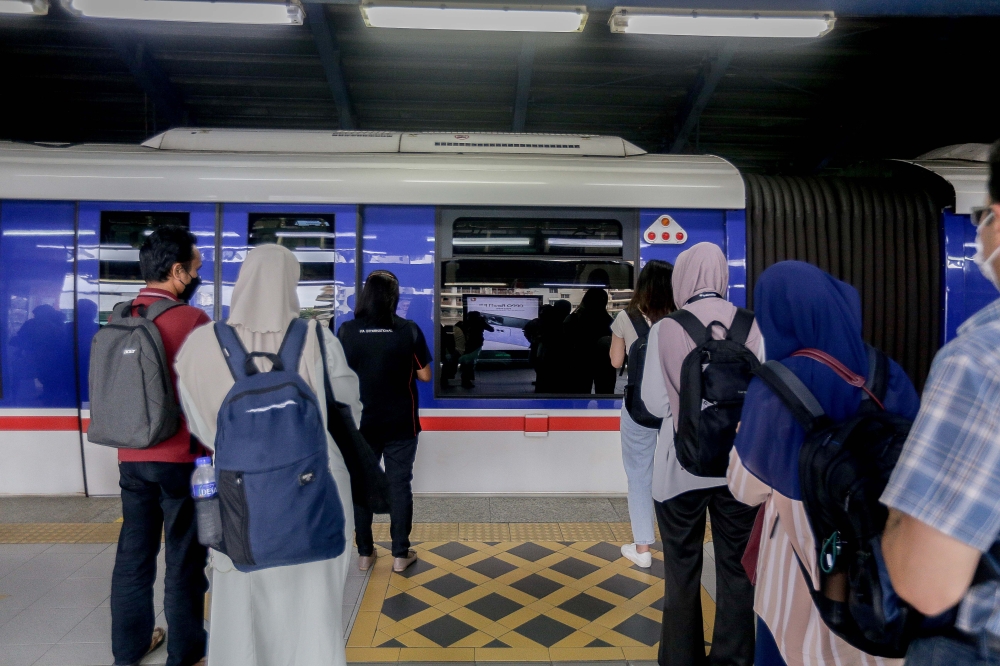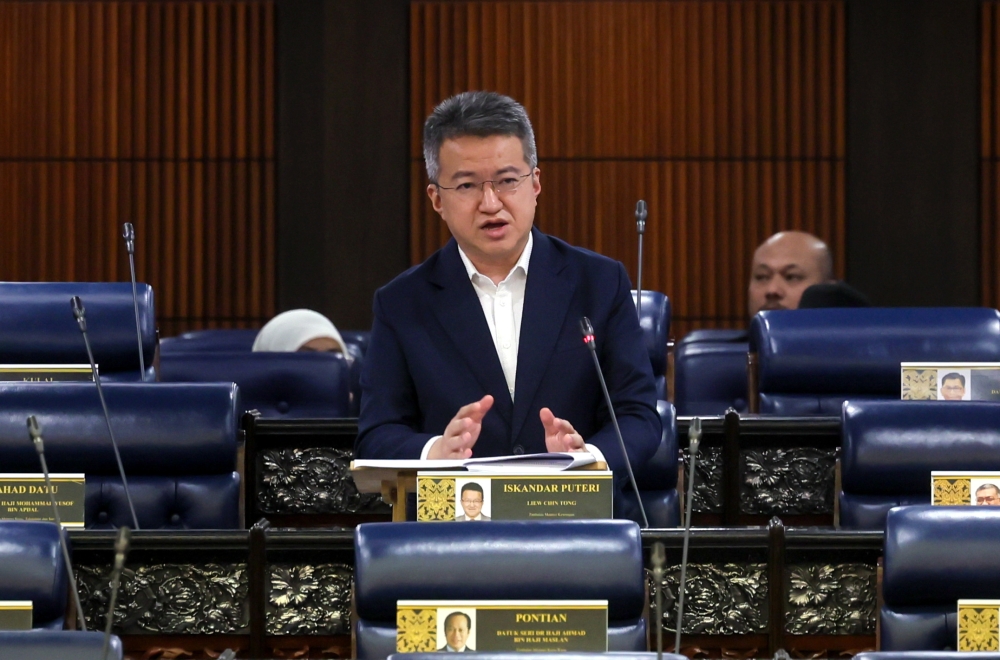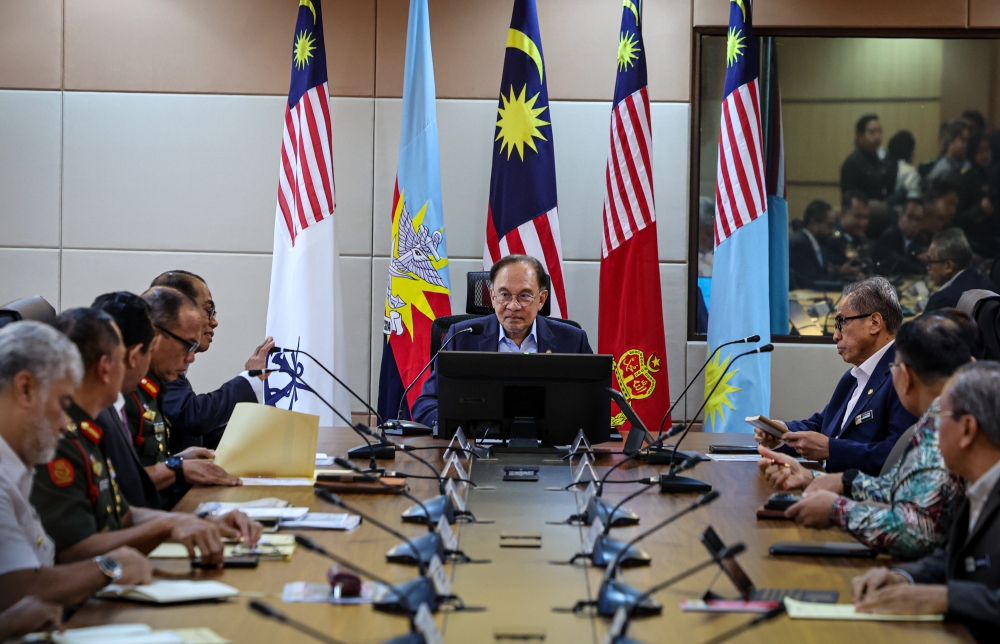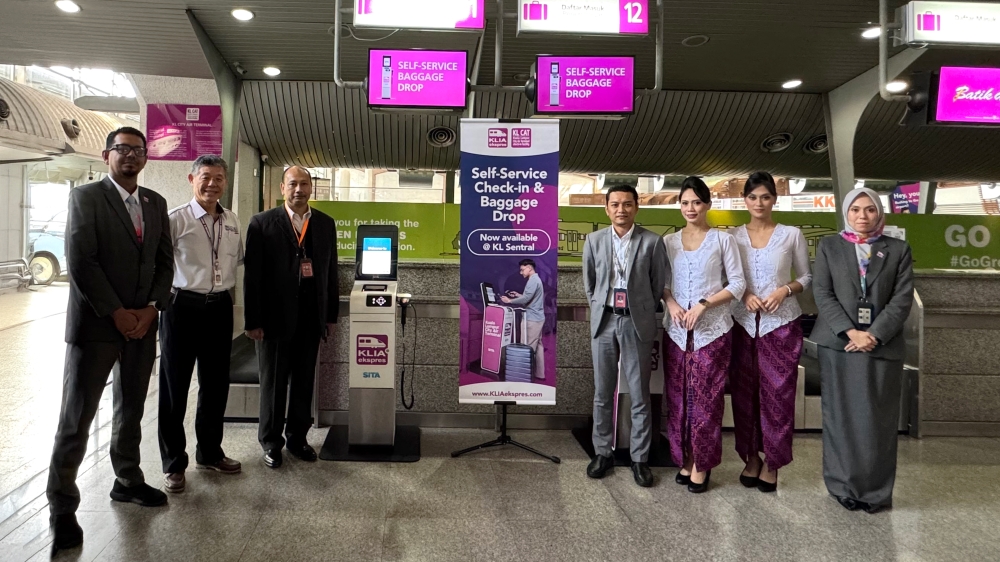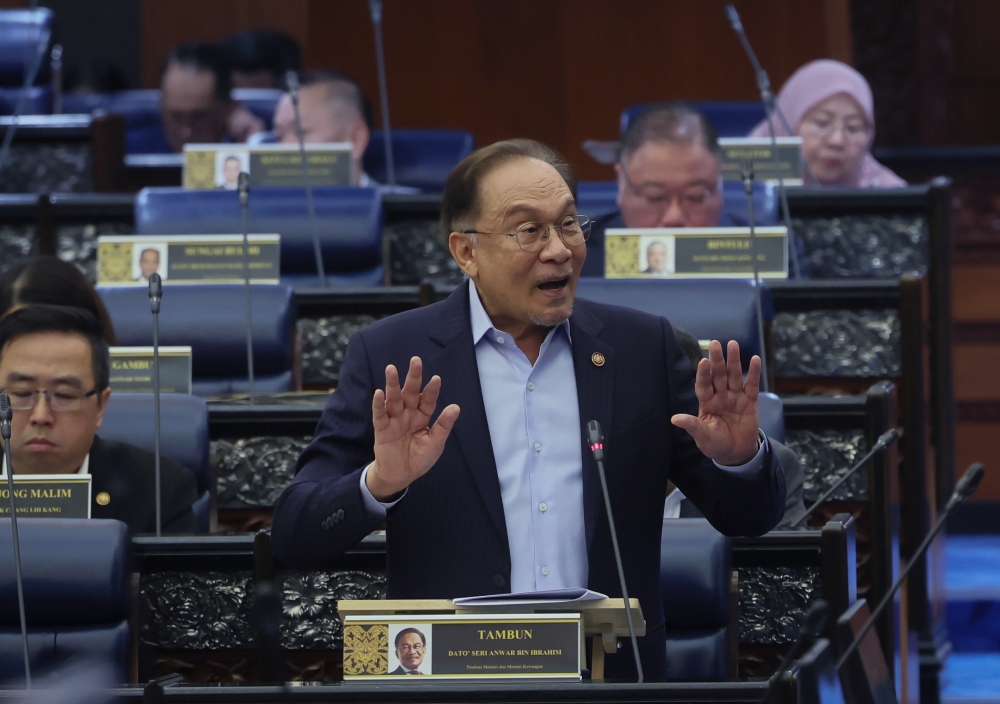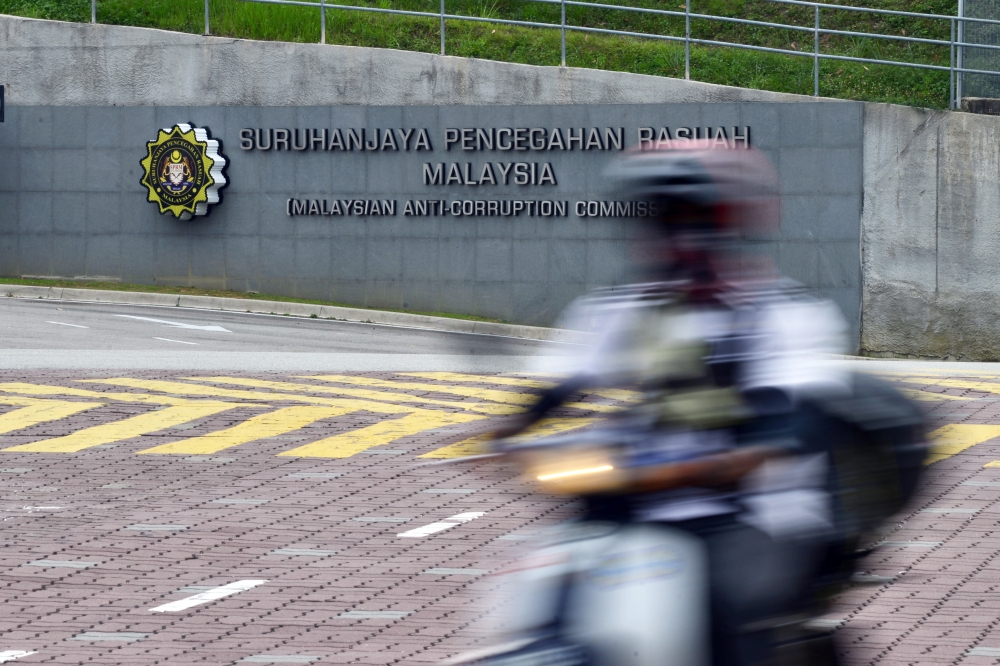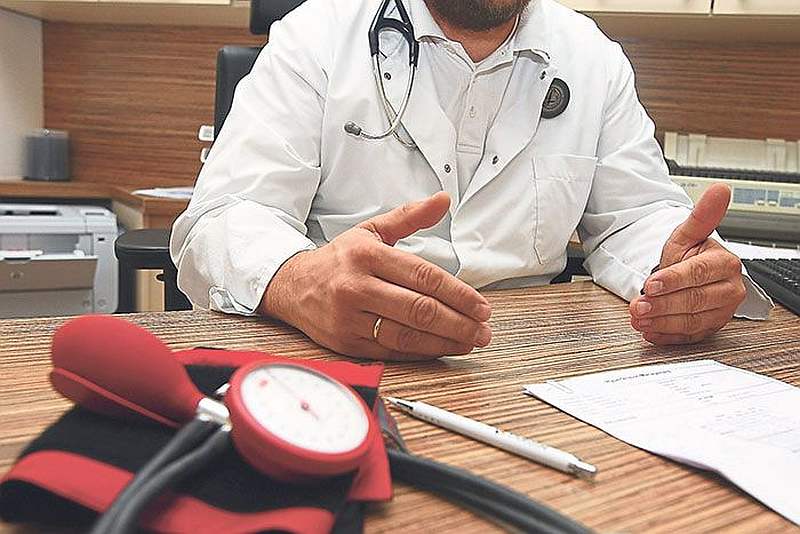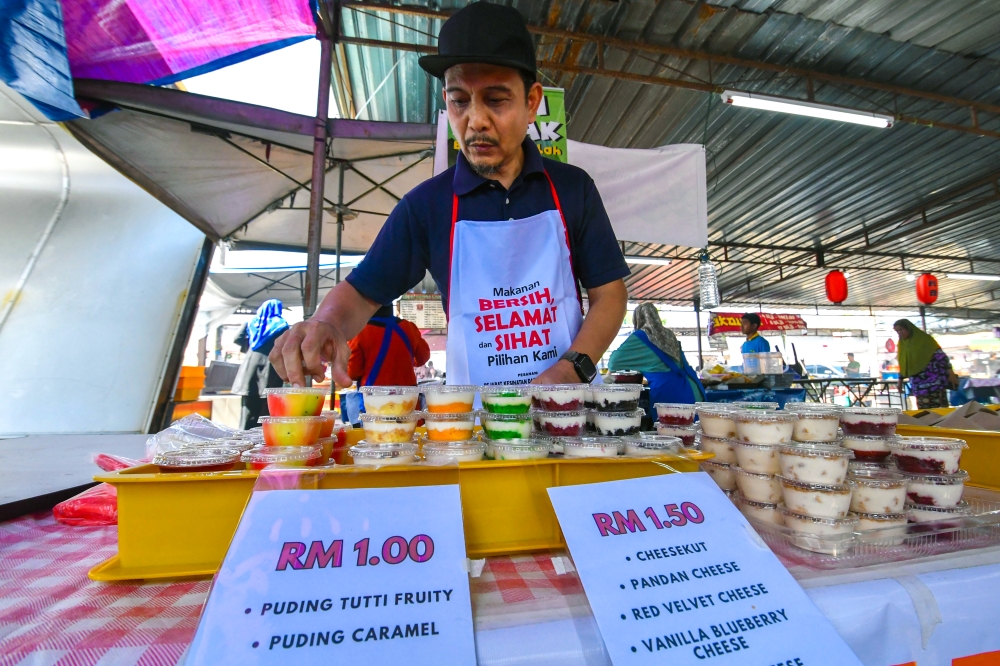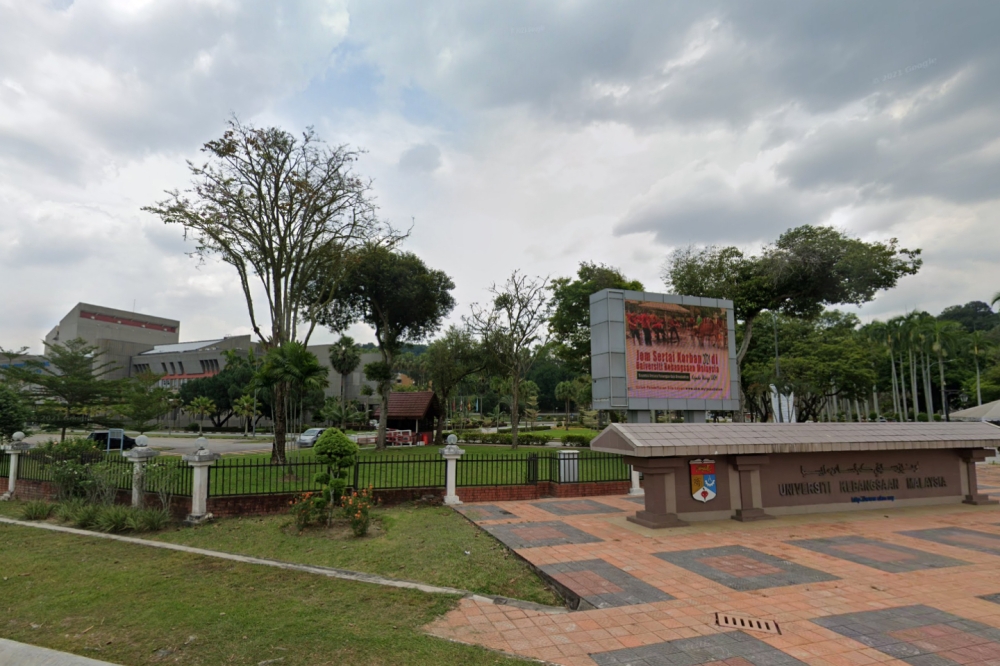KUALA LUMPUR, Aug 27 — Let’s face it.
Most people understand the importance and benefits of regular health check-ups, yet many still choose not to undergo one.
This was evident among Malaysians in the latest National Health Morbidity and Mortality Survey 2019 data on chronic diseases.
According to the report, one out of six people is diagnosed with diabetes, one out of three people lives with hypertension and one out of two has high cholesterol levels.
Although the morbidity and mortality rate is higher among men, the number of men undergoing screening for cardiovascular disease worldwide is low and in Malaysia, we are of no difference.
The screening uptake of men in general is low when compared to women.
Screening related to diseases pertaining to women has been well publicised over the past decades especially with regards to breast cancer awareness and cervical cancer awareness.
For men, however, it is less publicised.
There is no special awareness month for men.
We have Father’s Day but that has got nothing to do with increasing awareness of men’s health.
In fact, the screening process for men should begin at 30 years old if there are no high-risk factors that warrants for earlier screening.
If the screening results come back normal, the health check-ups should be repeated annually.
This would increase the chances for early detection of the disease and hopefully better control too.
Early detection of disease is important as it gives the chance for treatment to be optimised and therefore giving the patient a fighting chance from obtaining any complications related to these chronic diseases.
Men do not fare as well when they have any complications.
Studies have repeatedly shown that men suffering from complications such as heart attacks or stroke tend to fare much worse than women.
It is shown that men don’t do so well once they are diagnosed with any complications.
Generally, men also tend to seek treatment late when compared to women.
They often tend to leave it right at death’s door before seeking for medical attention.
Studies have shown that men are more likely to use the accident and emergency services than women.
This could be a factor for men’s low survival rate.
On average, men have less contact with their general practitioners than women do annually and this includes consultations related to reproductive health.
This delay in seeking help or treatment could be attributed to the mind-set of men.
In 1998, Sharpe and Arnold noted that the majority of men often ignored their symptoms as they think it will subside naturally.
Up to 75 per cent of men shared similar thoughts of “I have to be really ill before I go and see the doctor.”
It is also the Asian culture that men seek help from doctors when only they are sick and not when they are healthy, therefore contributing to the low screening uptake among men.
The contributing factors to the lack of willingness for early screening were: not wanting to appear foolish, feelings of embarrassment and their own attempt to normalise their symptoms.
The hope of “normalising of symptoms” often causes men to procrastinate in seeking help and therefore increase their chances for having more complications and even fatal consequences in some cases.
This can often be due to natural behaviour or characteristics of a man.
There is also a misperception or lack of understanding of what health screening is among men per se.
In a study done among Asians, it was noted that men were unaware of the difference between “screening” and “diagnosis.”
This is despite men being aware of health promotional activities such as having a balanced diet and not having a sedentary lifestyle, however, they did not consider health screening as a preventive tool against the development of above chronic diseases.
For those interested in the field of men’s health, the Men’s Health World Congress will be held at the Borneo Convention Centre in Sarawak from October 7 to 9, 2021.
The conference will offer an opportunity to expand or update on all aspects of men’s health, and interact with the world’s key opinion leaders in this rapidly developing field of men’s health.
For more information about the conference, click here.https://www.mhwc.my/
* Dr Navin Kumar Devaraj holds a Masters of Medicine in Family Medicine from University of Malaya since 2016. He is a family medicine specialist and medical lecturer with Universiti Putra Malaysia (UPM) Medicine and Health Sciences Faculty. Dr Abdul Hadi Abdul Manap is also a clinical lecturer with UPM Family Medicine Department and is a member with the Family Medicine Specialist Association.

